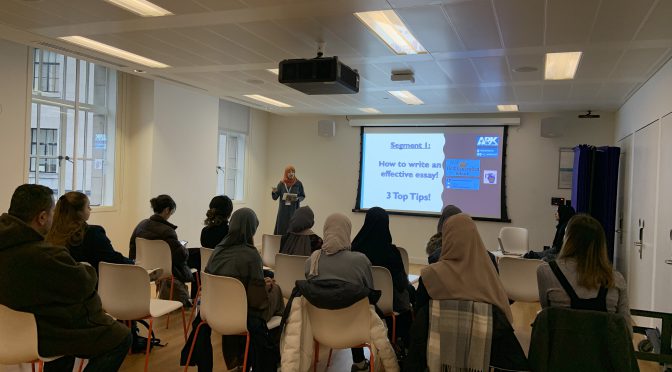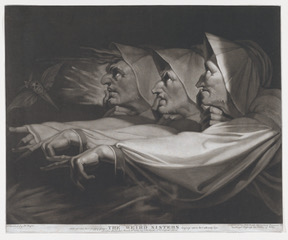Dr Daniel Smith interviews current second-year Rufeida Alhatimy about a new network for King’s students from backgrounds under-represented among university students.
Dr Daniel Smith (DS): So, Rufeida, you and I spent a lot of time last semester talking about wordplay in English Renaissance literature, but now I hear you’re taking on a new challenge, representing the First Generation Network as an officer within the Student Union. I’m particularly interested in this wonderful initiative as I’ve been co-ordinating the English Department’s Widening Participation (WP) programme this year. Can you start by telling me what First Generation Network is?
Rufeida Alhatimy (RA): Studies have shown that students from a first generation background find the transition to higher education and beyond more taxing and challenging, and the network seeks to help tackle the boundaries and barriers that some of these students face. First Generation Network is one of eight “liberation networks” built into the KCLSU structure, run by students for students to promote positive change and representation. We cater to students who are from Widening Participation backgrounds, those in or leaving care, those whose parents didn’t go to university and those from low-participation neighbourhoods to improve their university experience and create a home away from home.
Continue reading “In a time of chaos, create”: The First Generation Network



